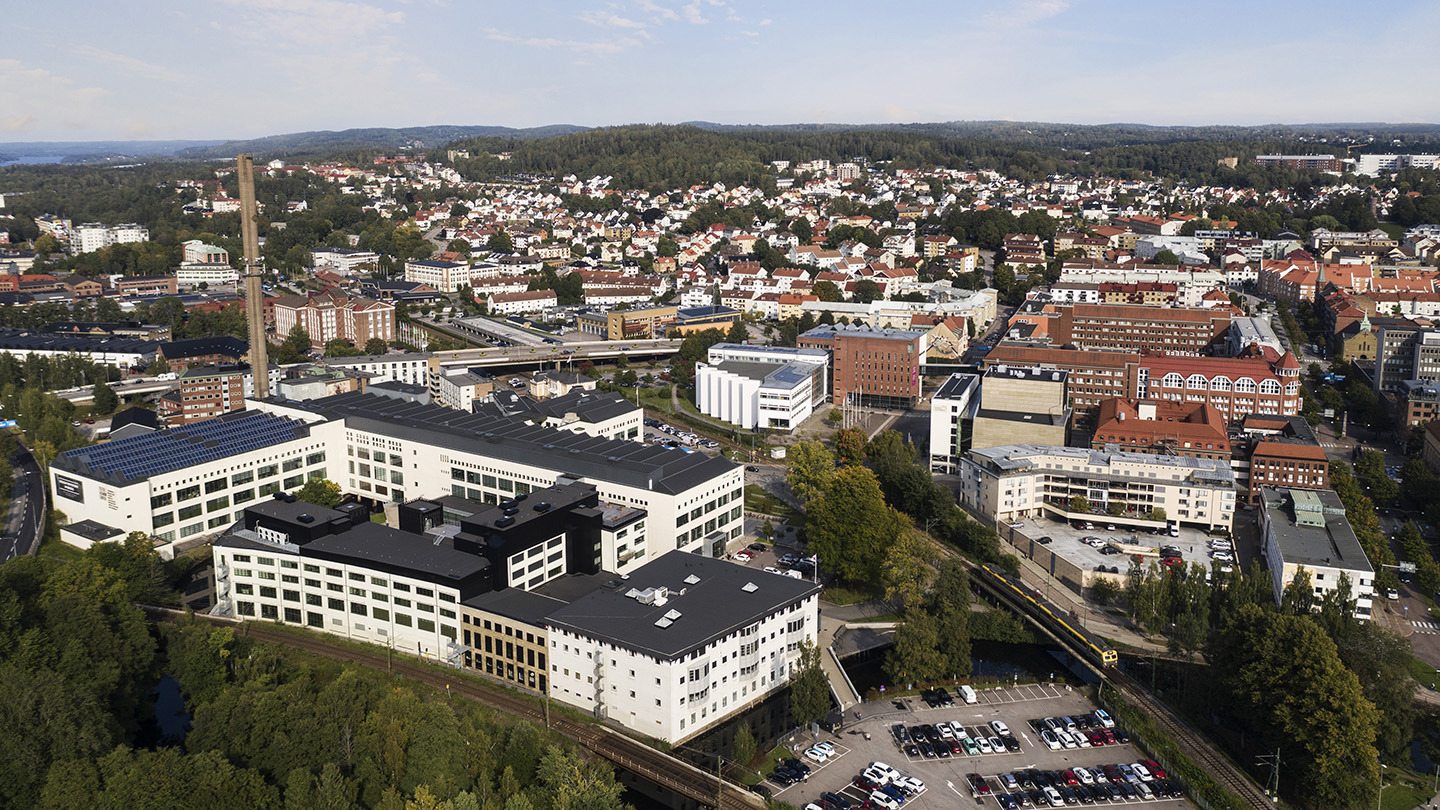The University of Borås to start two new cutting-edge programmes in Resource Recovery
2024-12-02

These Master's programmes have international admission and are taught in English. This means that their students will come from different international backgrounds, which adds an important dimension to the areas highlighted in the programmes.
Needed competency
As Agnes Nagy, Associate Professor of Civil Engineering, and Paula Wahlgren, Adjunct Professor of Civil Engineering, who developed the Master's Programme in Resource Recovery – Sustainable Civil Engineering, explained, “The focus of this Master's programme is circular design and the optimisation of material utilisation and energy efficiency. These are new areas of competency that the construction industry needs both nationally and internationally. This programme allows for a progression from the Bachelor’s to the Master’s level. Together with our doctoral programme in Resource Recovery, we now have a complete academic environment in Civil Engineering.”
What role does this programme have in fulfilling societal and research needs?
“Society's demands for sustainable construction have increased. This programme meets the construction industry's need for expertise at the Master’s level and we contribute by educating future researchers in the field. That’s why issues such as environmental impact and circularity in construction are important aspects that we will focus on in the programme.”
Who is the target audience of this programme?
“It is aimed at engineers, civil engineers, and anyone with a Bachelor's degree with 60 credits in civil engineering. Anyone with a Bachelor's degree in construction business development or engineering, energy engineering, materials engineering, or road and water engineering is welcome to apply. But we also welcome professional engineers who want to develop their skills in circularity and resource efficiency in construction.”
Why should someone apply to the programme?
“It will prepare you for a broad field of work where you can work both with management and with technology in the construction industry, the public sector, and research. In addition, Borås has a great student life with student accommodations close to the university.”
Development of decision support for supply chains using AI
The second new Master's programme, the Master’s Programme in Resource Recovery – AI Enhanced Supply Chain Management, combines resource recovery and supply chain management using artificial intelligence (AI) to improve decision-making and efficiency.
David Eriksson, Professor of Industrial Engineering and Management as well as Programme Director, said, “We are starting this programme to meet the growing demands for sustainable development and traceability in supply chains. The focus of the programme is on creating sustainable and competitive production systems by optimising supply chains and the use of AI tools to analyse and design complex systems. It highlights the need for improved decision support to handle the complexity that characterises modern industrial processes. By integrating AI and Supply Chain Management, innovative solutions are created for sustainable production and resource efficiency.”
What role does this programme have in fulfilling societal and research needs?
“The need is driven by sustainability requirements where businesses and society need to reduce waste and make resource use more efficient, stricter demands to track products and materials through the supply chain, as well as the development of AI to solve complex logistical and industrial challenges. For research, it opens new avenues for linking sustainability and technology with practical application in industry.”
Who is the target audience of this programme?
“It is aimed at those with a background in industrial engineering and management, textile management, physics, chemistry or related fields, especially those who have education in logistics and industrial engineering and management. It is for people who want to work with sustainability and AI in Supply Chain Management on a global level.”
Why should someone apply to the programme?
“You will gain a unique combination of competencies in Supply Chain Management, AI, and Resource Recovery, which will enable you to contribute to sustainable development and at the same time improve the companies’ competitiveness. You will be a global player who can take on complex challenges and build professional networks around sustainable supply chains. The programme provides both practical and theoretical skills that are in demand by employers in the manufacturing and transportation sectors.”
Read more about the Master's programmes
Master's Programme in Resource Recovery – Sustainable Civil Engineering, 120 credits
Master's Programme in Resource Recovery – AI-Enhanced Supply Chain Management, 120 credits
Solveig Klug
Mebia

